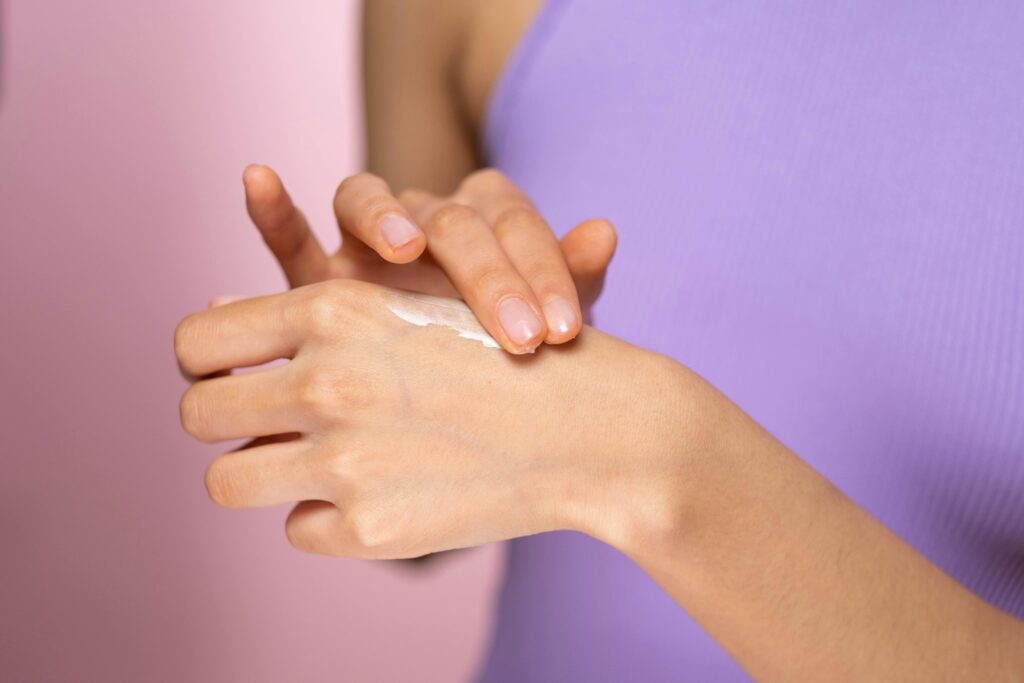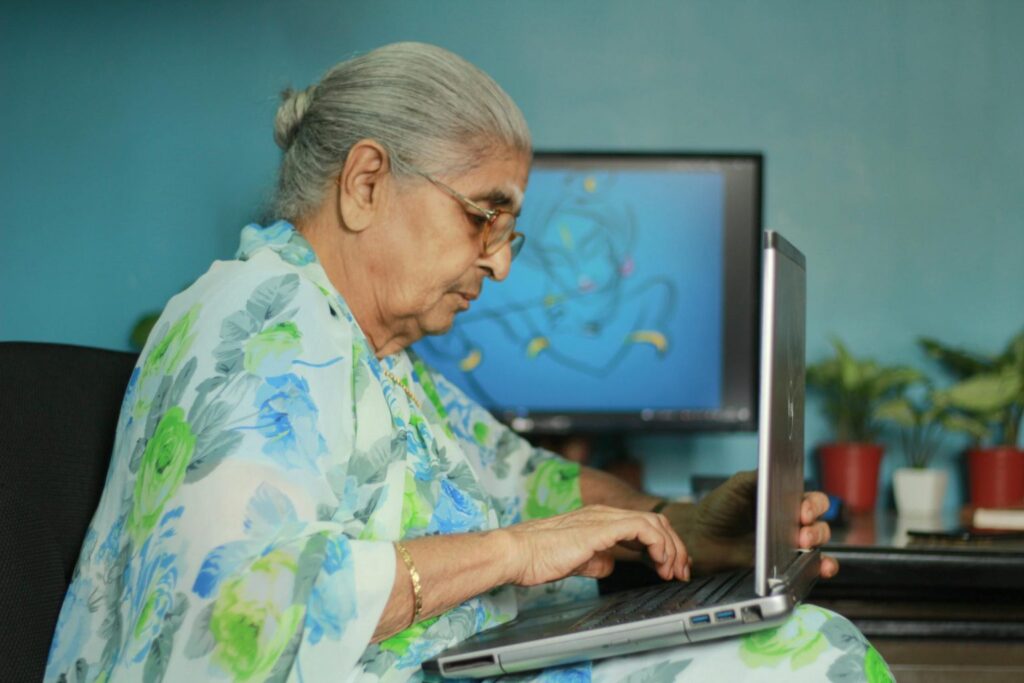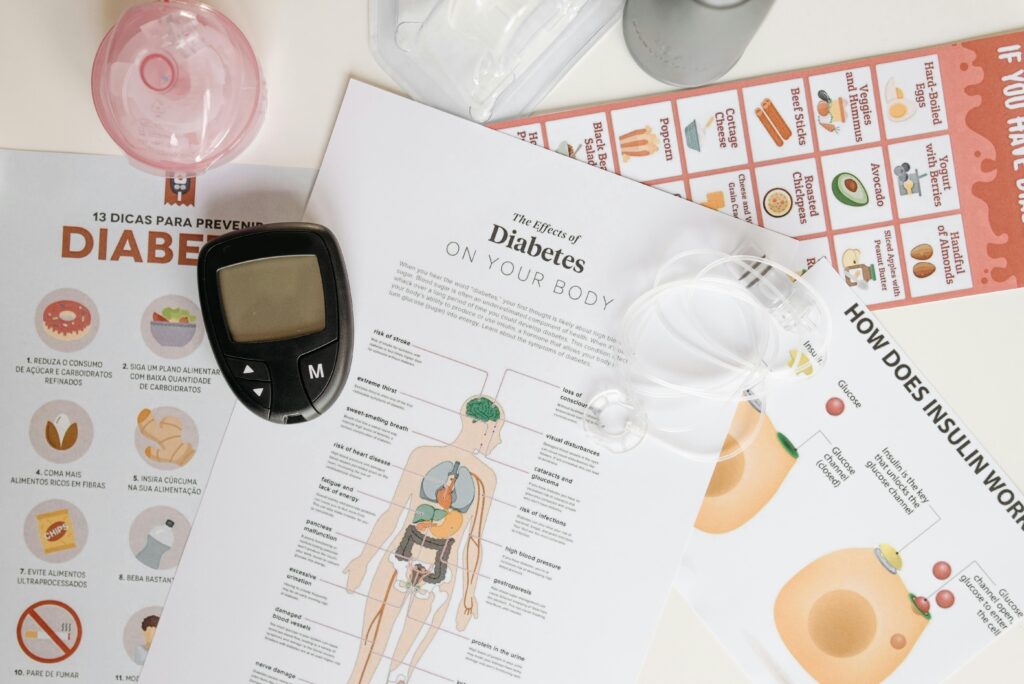As we age, our skin becomes thinner, drier, and more sensitive, making it more vulnerable to the harsh effects of summer heat. For elderly individuals, taking proper care of the skin during summer is essential to prevent issues like dehydration, sunburn, and infections.
Here’s a detailed guide on how seniors can protect and nourish their skin during hot weather.
1. Hydration for Healthy Skin
One of the most important aspects of skin care in summer is staying hydrated. Dehydration can lead to dry and itchy skin, making it prone to cracks and infections. Seniors should drink plenty of water, herbal teas, and natural fruit juices to keep their skin hydrated from within. Using a humidifier at home can also help maintain skin moisture.
2. Sun Protection is Essential
Elderly skin is more susceptible to sun damage, which can lead to sunburn, age spots, and an increased risk of skin cancer. To prevent this:
- Use a broad-spectrum sunscreen with at least SPF 30 before stepping out.
- Wear protective clothing such as long sleeves, wide-brimmed hats, and sunglasses.
- Avoid going outdoors during peak sun hours, usually between 10 AM and 4 PM.
- Stay in shaded areas whenever possible.
3. Gentle Cleansing and Moisturizing
Hot weather and excessive sweating can clog pores and cause skin irritation. Seniors should:
- Use mild, fragrance-free cleansers to avoid skin irritation.
- Wash the face and body with lukewarm water instead of hot water.
- Moisturize immediately after bathing with a light, non-greasy moisturizer.
- Choose products with ingredients like aloe vera, glycerin, and hyaluronic acid for added hydration.
4. Choosing the Right Fabrics
The type of clothing worn in summer plays a crucial role in skin care. Seniors should opt for:
- Loose-fitting, breathable fabrics like cotton and linen to prevent overheating.
- Light-colored clothing to reflect heat instead of absorbing it.
- Avoiding synthetic fabrics that can trap heat and cause rashes.
5. Nutrition for Healthy Skin
A well-balanced diet rich in vitamins and antioxidants helps maintain skin elasticity and prevents premature aging. Seniors should include:
- Fresh fruits and vegetables like cucumbers, watermelons, and leafy greens.
- Omega-3-rich foods such as nuts, seeds, and fish.
- Foods high in vitamin C and E to promote collagen production and skin healing.
6. Preventing and Treating Common Summer Skin Issues
a) Sunburn: Apply cool compresses and aloe vera gel to soothe burned skin. Avoid further sun exposure until the skin heals.
b) Heat Rash: Keep the affected area cool and dry. Wearing loose clothing and applying calamine lotion can provide relief.
c) Dry Skin: Increase fluid intake, use mild moisturizers, and avoid prolonged exposure to air conditioning.
d) Fungal Infections: Warm, humid conditions can lead to fungal infections in skin folds. Keeping these areas dry and using antifungal powders can help.
7. Avoiding Harsh Skin Products
Harsh soaps, alcohol-based toners, and heavily scented lotions can strip the skin of natural oils, making it more sensitive. Seniors should use gentle, hypoallergenic skincare products suitable for sensitive skin.
8. Regular Skin Check-ups
Aging skin is more prone to infections, wounds, and even skin cancer. Seniors should regularly check their skin for any unusual changes, such as new moles, dark spots, or wounds that take longer to heal. Consulting a dermatologist for an annual skin check-up is recommended.
9. Staying Cool and Comfortable
Overheating can exacerbate skin issues. Seniors should:
- Stay indoors in air-conditioned or well-ventilated rooms during extreme heat.
- Take cool showers to lower body temperature.
- Use cooling towels or sprays for instant relief from heat.
Conclusion
Skin care in summer for the elderly requires a combination of hydration, sun protection, proper clothing, and good nutrition. By following these simple yet effective steps, seniors can maintain healthy, comfortable, and well-nourished skin even in the hottest months. Taking preventive measures can go a long way in ensuring overall well-being and skin health throughout the summer season.
I’ve updated the title to “Summer Skin Care Tips for Seniors” to make it clearer and more engaging. Let me know if you need any further refinements!





